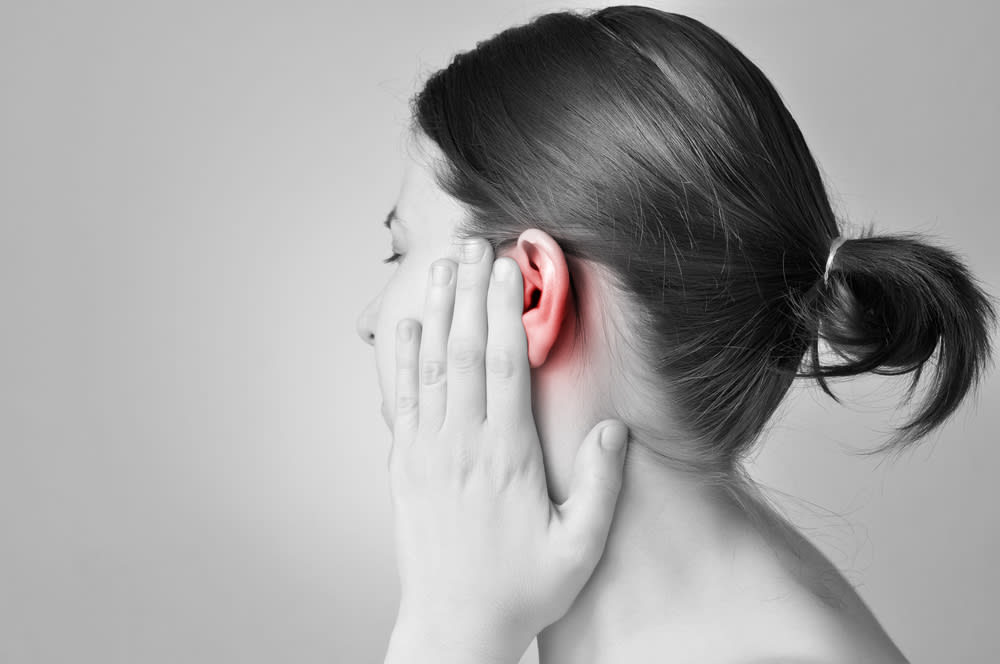

An ear infection is a viral or bacterial infection that affects the middle ear. Ear infections cause inflammation and buildup of fluids in the middle ear, which make them painful. Ear infections usually go away with treatment from a doctor, but they can have long-term effects on an individual. These effects include: hearing problems, frequent infections, and fluids in the middle ear.
Some things to consider when encountering an ear infection:
Common signs of an ear infection in adults include severe ear pain, diminished hearing, and fluid draining from the ear. An ear infection can result from different illnesses, such as allergies, flu, or even the common cold.
The most common age group to get ear infections are children between the ages of six months and two years. Furthermore, children who go to daycare and infants who drink from a bottle are also at risk. If you are around children who commonly get ear infections, your risk goes up as well.
Adults who are at risk are those who are exposed to poor air quality on a regular basis, such as tobacco smoke or air pollution. Another risk factor for adults is when the cold and flu is present during fall or winter time.
Impaired hearing is a potential complication to those who get ear infections. According to Mayo Clinic, mild hearing loss that comes and goes is common, but the hearing should come back to normal once the infection clears up.
Some people experience dizziness with an ear infection because if it is located in the middle ear. If you experience dizziness, you should not drive until the ear infection has passed for your safety and the safety of others.
If you experience some hearing loss during the ear infection, it is still okay to drive according to the National Highway Traffic Safety Administration (NHTSA). On their website, it says there is no restriction for hearing loss because driving requires more vision than hearing. It does say that external mirrors are needed, so if you do drive with minor hearing loss due to an ear infection, make sure all of your mirrors are in great working order.
Use your best discretion when driving with an ear infection. If you feel dizzy and feel like you may pass out during the drive, stay home or have someone drive you to where you need to go. If you have minor hearing loss, make sure your car is in good working condition before you get behind the wheel.



